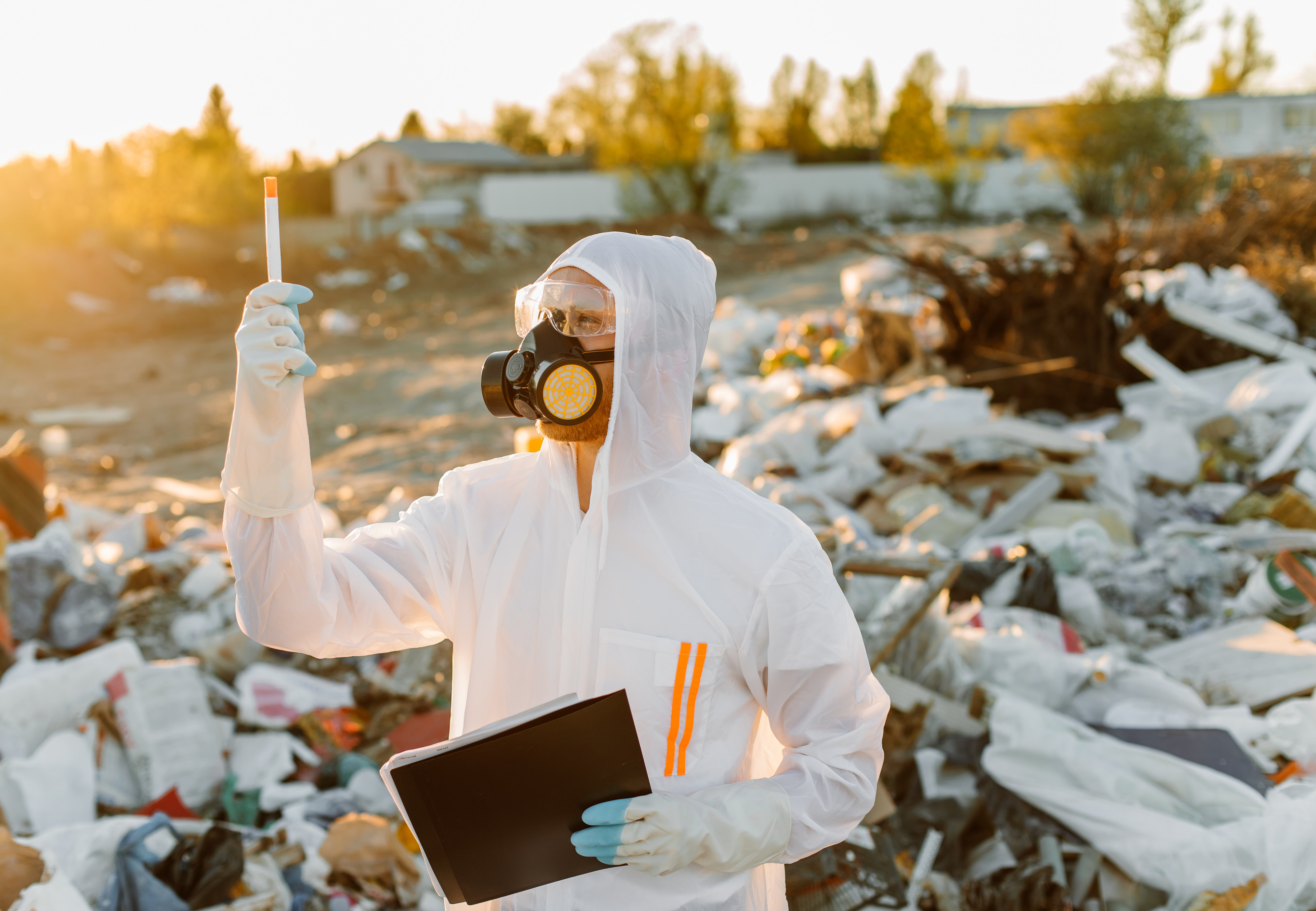
Carbon monoxide (CO) testing refers to the process of detecting and measuring the concentration of carbon monoxide gas in various environments. Carbon monoxide is a colorless, odorless, and highly toxic gas produced by the incomplete combustion of carbon-based fuels.
Prevention and Intervention
Carbon monoxide testing enables early detection of CO buildup, allowing for timely intervention to prevent poisoning incidents. This may include repairs or maintenance of appliances, ventilation improvements, or immediate evacuation of affected areas.
Individual carbon monoxide detectors are also available for personal use. These portable devices can be worn or carried by individuals to monitor their immediate surroundings for the presence of carbon monoxide.
Regular carbon monoxide testing is essential for maintaining a safe environment, preventing carbon monoxide poisoning, and ensuring compliance with safety regulations. It provides peace of mind, safeguards human health, and helps protect against the potentially life-threatening effects of carbon monoxide exposure.
Here are some key points about carbon monoxide testing Safety and Health:
The primary purpose of carbon monoxide testing is to ensure
the safety and well-being of individuals. By detecting elevated levels of CO,
potential poisoning hazards can be identified and appropriate actions can be
taken to prevent harm. Combustion Appliances: Carbon monoxide testing is
commonly conducted in homes, commercial buildings, and industrial settings
where fuel-burning appliances are present. It helps identify malfunctioning or
poorly maintained appliances such as furnaces, boilers, stoves, fireplaces, and
water heaters that may be emitting dangerous levels of CO. Regulatory
Compliance: Many jurisdictions have regulations or standards in place to limit
carbon monoxide exposure. Carbon monoxide testing ensures compliance with these
regulations and helps maintain a safe environment for occupants. Testing
Methods: Carbon monoxide testing can be performed using portable carbon
monoxide detectors or monitors. These devices measure the concentration of CO
in the air and provide real-time readings. They are often placed in areas where
CO sources are present or in proximity to potential emission points.